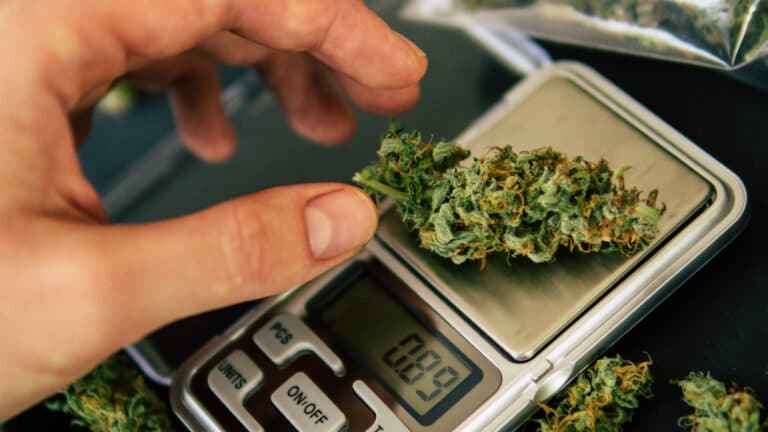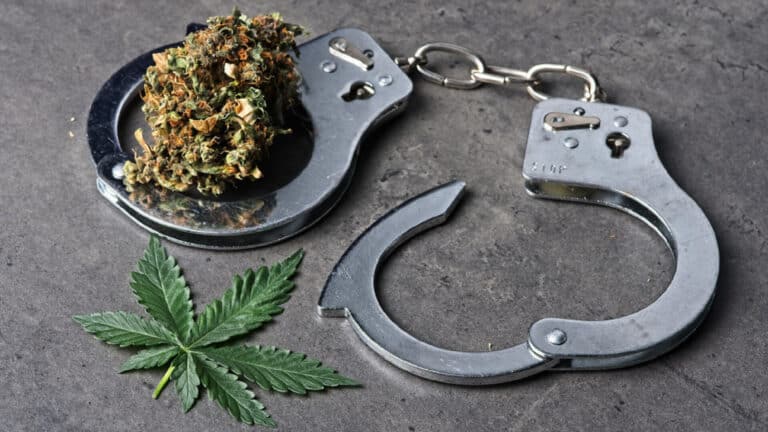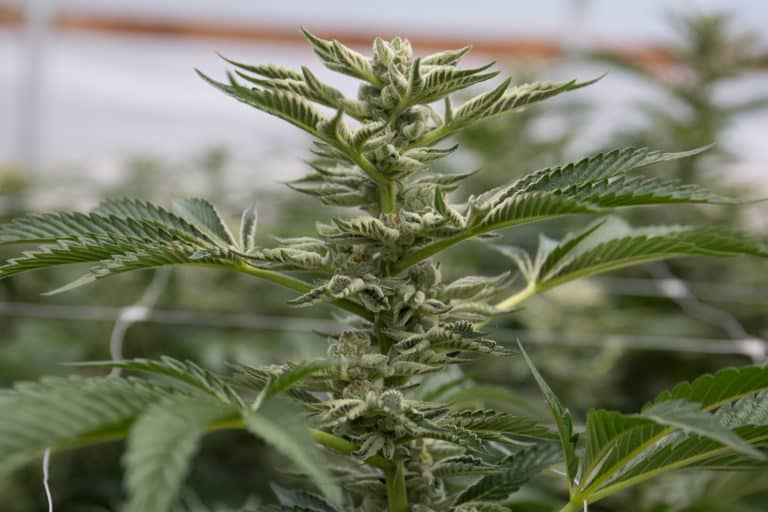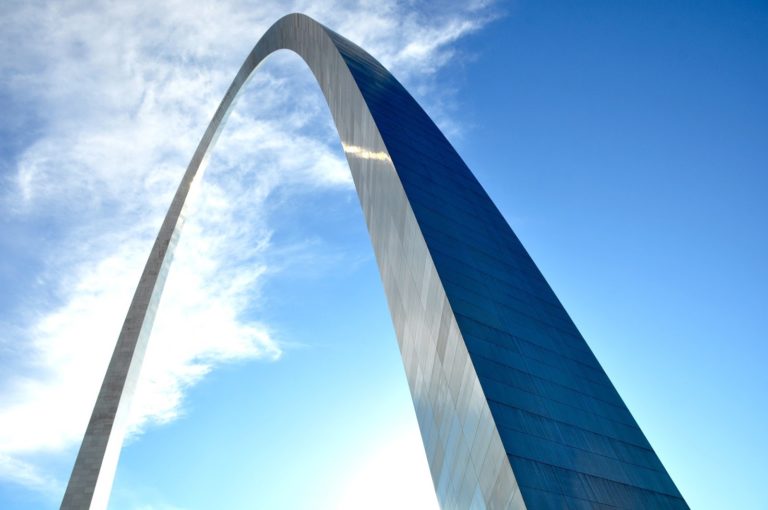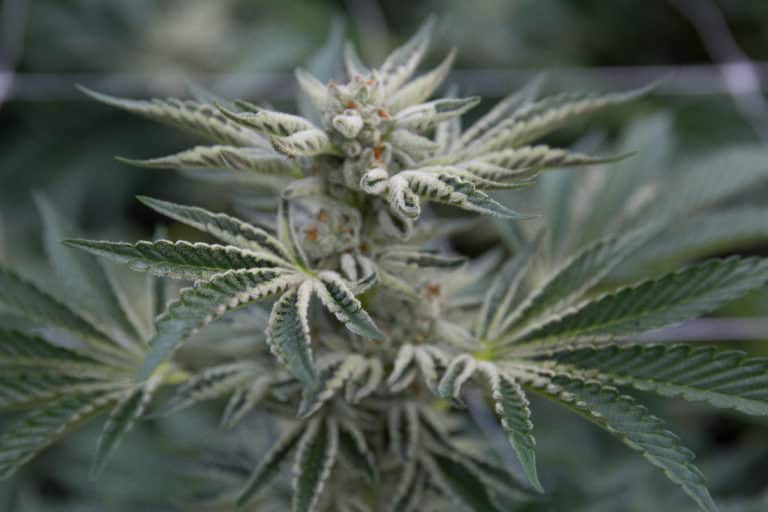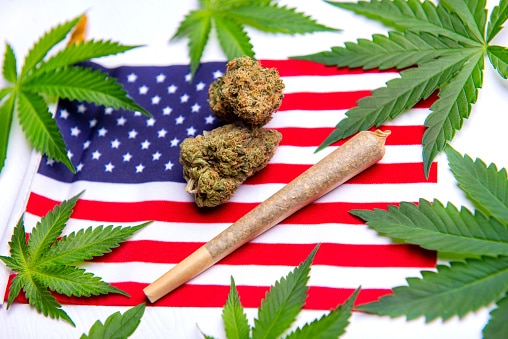Nevada is nearing the expected July 1st start date for it’s newly passed recreational/adult-use marijuana program and regulations. Seemingly, cannabis advocates and consumers walked away from this year’s legislative session with more ups than downs, despite the social cannabis consumption bill not passing.
A recent article from RJG goes over many of the new regulations, including taxes, edibles, DUIs, and previous convictions.
Starting in July, all marijuana — both medical and recreational — will be taxed 15 percent at cultivation, and only recreational marijuana will be sold with a 10 percent sales tax.
Medical marijuana currently is taxed 2 percent at cultivation, 2 percent at production and 2 percent at sale.
“What’s important Is that you’re creating that delta between medical and recreational costs – it’s keeping the cost down for medical,” Sen. Julia Ratti, D-Sparks, who sponsored the tax bill.
Revenue collected from the cultivation will be funneled toward schools, and revenue from recreational marijuana sales tax will go towards the state’s rainy day fund.
“This is a brand new industry, we really don’t know (how much it will bring in),” Ratti said. “To have no services dependent on this money, I think it’s really fiscally responsible.”
This method of taxing is different from how Measure 91 rolled out in Oregon, where the taxes from ALL cannabis businesses are pooled together and then split between the various agencies/departments that the funds are allotted to.
In terms of how the new recreational/adult-use program will affect the already existing medical marijuana program in Nevada, legislators and advocates certainly seem to have considered medical patients in the new regulations. Medical marijuana patient cards used to cost about $100 for a year. They will cost about half that because background checks no longer are required, and cards will be good for 2 years. The Nevada Department of Public Health will continue to issue the medical cards.




